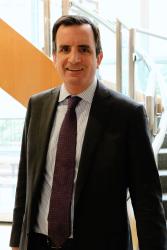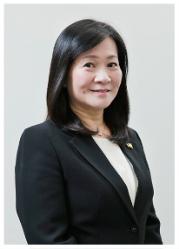

9:00 am EST - 11:00 am EST
Past Event
9:00 am - 11:00 am EST
1775 Massachusetts Avenue N.W.
Washington, DC
20036
While foreign policy isn’t the main factor for most voters in elections, trends and patterns in domestic public opinion help shape leaders’ approach to conducting relations abroad. President Trump’s 2016 election, rooted in his “America First” model, reflected a growing distrust towards previously resolute U.S. foreign policy ideas, such as America’s role in the world and international trade. Over the last year, however, forces inside and outside the administration have pushed back on some parts of Trump’s agenda. In Japan, Prime Minister Shinzo Abe dissolved the House of Representatives in September 2017, which initiated snap elections on October 22. This political maneuver was risky, but ultimately paid off as Abe’s Liberal Democratic Party (LDP) and its coalition partner, Komeito, won over two-thirds of the seats. This may well reflect approval of Abe’s efforts for a revised Trans-Pacific Partnership, without the United States, as well as his stance towards North Korea. Still uncertain is whether Abe has the public support he needs to revise the constitution, including Article 9 on defense.
On December 7, the Center for East Asia Policy Studies at Brookings held a public forum that brought together experts from Japan and the United States to examine the role that domestic politics and public opinion have on foreign policymaking. Panelists discussed how recent elections have helped or hindered officials in Washington and Tokyo as they pursue their foreign policy agendas. Following the presentations, Richard Bush, co-director of the Center for East Asia Policy Studies, moderated a panel discussion.
Moderator

Panelist



Landry Signé
July 8, 2025

Ling Chen, Ryan Hass, Jennifer Kavanagh, Michael E. O’Hanlon, Bruce Jones, Mireya Solís, Thomas Wright
July 2, 2025

Joshua Rovner
July 2, 2025